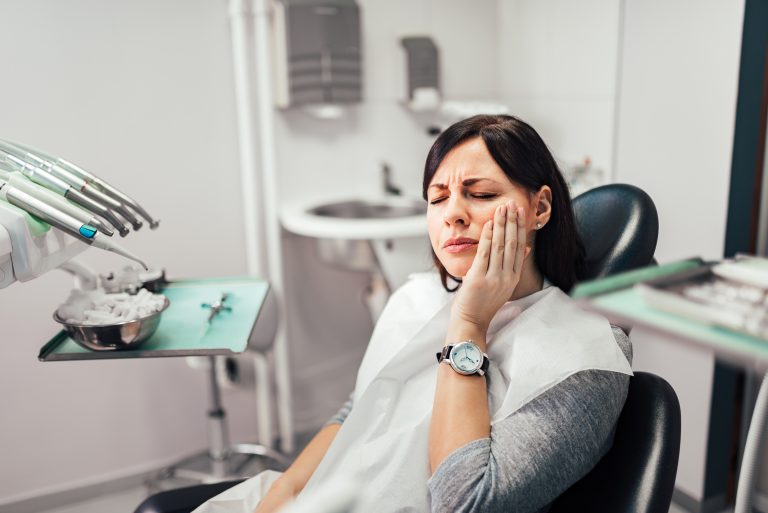Emergency Dentistry in Fort Worth: What to Do When You Need Immediate Care
Dental emergencies never happen at a convenient time. A sudden toothache, cracked tooth, or swollen gums can disrupt your day—and ignoring it can make things worse. If you’re searching for an emergency dentist in Fort Worth, here’s what you need to know about identifying urgent dental issues, what to do before you’re seen, and how Bentley Dental provides same-day care.
What Counts as a Dental Emergency?
Not every dental issue requires immediate care, but here are common situations where you should call right away:
- Severe tooth pain that doesn’t go away
- Broken, chipped, or knocked-out tooth
- Swelling in gums, cheek, or jaw
- Abscess or signs of infection (pain, pus, fever)
- Excessive bleeding after an injury or extraction
- Loose or lost crown/filling causing pain
What to Do Before Your Emergency Dental Visit
While waiting to be seen, here are steps you can take:
- Toothache: Rinse with warm salt water; take OTC pain relief
- Knocked-Out Tooth: Keep tooth moist (in milk or saliva); call immediately
- Broken Tooth: Save broken pieces; rinse mouth with warm water
- Swelling: Apply a cold compress to reduce inflammation
If you suspect life-threatening swelling or trouble breathing, call 911 or go to the ER.
Brighter starts now—and we’ll help you do it right.
At Bentley Dental, we offer both in-office and take-home whitening kits with stronger, safer ingredients than what you’ll find on store shelves.
Emergency Treatments We Provide
At Bentley Dental, we handle a wide range of dental emergencies:
- Same-day extractions (including wisdom teeth if needed)
- Root canal therapy to relieve pain and save a tooth
- Tooth-colored fillings for broken or decayed teeth
- Crowns & bridges for fractured or missing teeth
Why Choose Bentley Dental for Emergency Care?
Experienced team for urgent cases
Same-day and next-day appointment availability
Full range of treatments in one office
Gentle, compassionate care in stressful situations
FAQ
Dental emergencies include severe toothaches, knocked-out or chipped teeth, lost fillings or crowns, gum abscesses, uncontrolled bleeding, swelling, or trouble eating or speaking. Seeking prompt care can relieve pain and prevent further damage.
Emergency dentistry focuses on immediate diagnosis and treatment—like pain relief, temporary restorations, or urgent extractions—while routine visits address long-term oral health through prevention and maintenance.
Call your dentist immediately and follow any guidance they give. For minor issues like a lost filling, you might cover the area temporarily with sugar-free gum. Over-the-counter pain relievers can help until your appointment.
Rinse gently with warm water, apply cold compress for swelling, save any broken pieces, and see your dentist immediately to minimize further damage.
Signs may include sharp pain when chewing, sensitivity to hot/cold, or visible damage. Your dentist will evaluate with imaging and determine if you need a root canal, extraction, or other restoration.
For non-life-threatening dental issues like a broken tooth or persistent pain, see a dentist directly. However, if you’re experiencing difficulty breathing, swelling that impedes swallowing, or facial trauma, call 911 or head to the ER.

